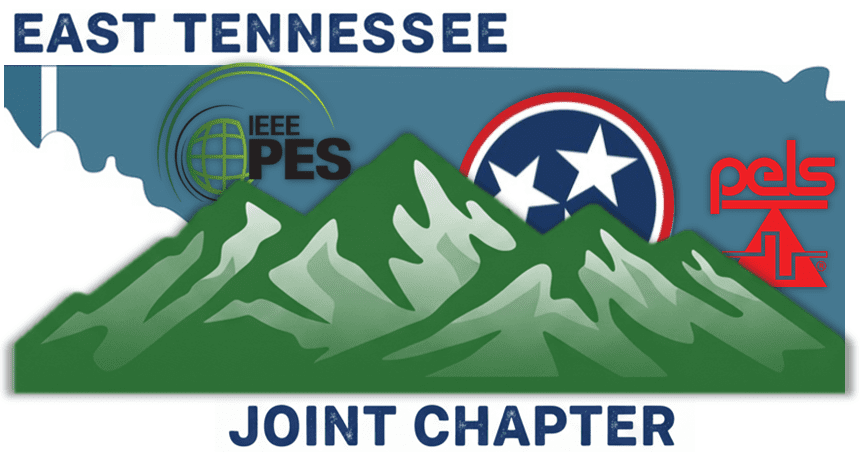Writing an Effective IEEE Paper
Hybrid: In person at the University of Tennessee, Knoxville (Room MK 622) or online via Zoom (link provided upon registration).Writing a strong and effective IEEE paper is an essential skill for students, researchers, and professionals who aim to communicate their work with clarity, rigor, and impact. This talk will guide participants through the key elements of successful IEEE-style writing. Dr. Leon Tolbert, Professor of Electrical Engineering and Computer Science at the University of Tennessee, brings decades of experience in publishing, reviewing, and mentoring students through the IEEE publication process. Drawing from real-world examples and insights from his extensive work in power electronics and professional IEEE involvement, Dr. Tolbert will share practical strategies to help attendees strengthen their research papers and improve their chances of successful dissemination. Whether you are preparing your first conference paper or aiming to refine your journal submissions, this session will offer actionable guidance suitable for all levels.

